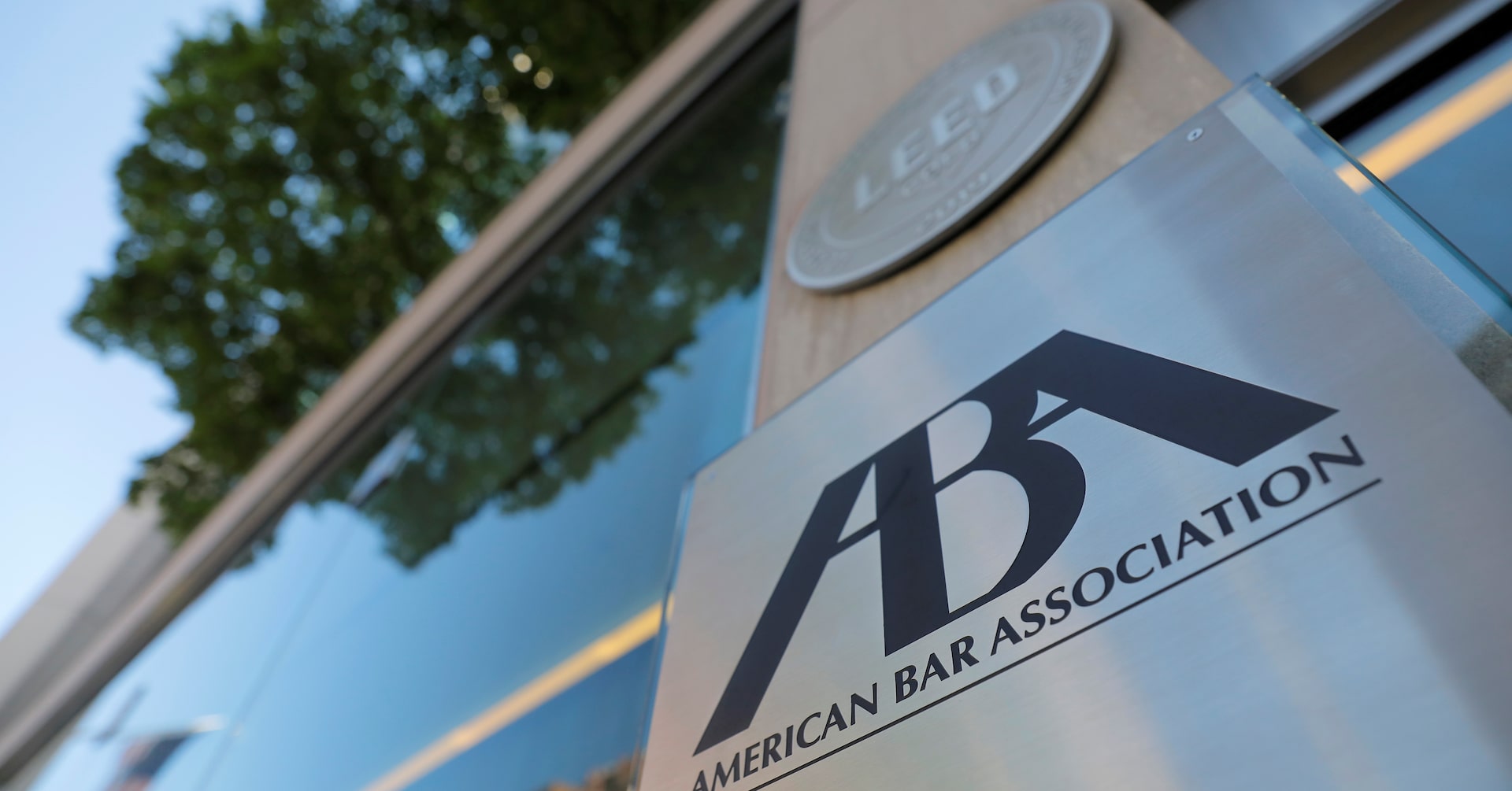Oct 29 (Reuters) – As the American Bar Association faces mounting pressure over its role in U.S. legal education, the Florida Supreme Court has moved a step closer to curtailing or potentially eliminating the ABA’s role in accrediting law schools in the state.A panel established by the court in March unveiled a slate of 12 proposals this week that would limit the ABA’s authority over attorney admissions.
Sign up here.
The report said Florida could open up bar exam eligibility to graduates of any law school instead of requiring that they come from ABA-accredited institutions; the Florida Supreme Court itself could determine which law schools are approved for the bar exam; or Florida could band together with other state supreme courts to create a new law school accrediting entity.
The justices have yet to consider or act on any of the 12 options, which were presented to them on Monday, a Florida Supreme Court spokesperson said. Florida has the nation’s fourth-largest lawyer population and a dozen ABA-accredited law schools.
Jennifer Rosato Perea, the ABA’s managing director of accreditation and legal education, said the organization’s arm that oversees law school accreditation “looks forward to further collaboration” with the Florida Supreme Court as it weighs its options. She added that the ABA is in the process of reviewing its law school standards to “enhance innovation and cost-effectiveness” while also examining its governance structure.
Florida jump-started the current movement to reconsider ABA accreditation, which has spread to at least three other states. The Supreme Court of Texas in September said it intends to end its reliance on the ABA for law school oversight and instead have the court determine which schools’ graduates can be admitted as lawyers, though it has not worked out the details of that change. The high courts of Ohio and Tennessee have also launched reviews of their ABA requirements.
The Florida report said law degree portability across states is a major benefit of ABA accreditation and that proponents credit its standards with establishing a baseline for a quality legal education.
But the report spent more time detailing the “cons” of ABA accreditation, including criticism that it is too costly and time-consuming for law schools; that it stifles innovation, and that its diversity and inclusion standards amount to an “ideological mandate.”
The ABA’s current diversity and inclusion rule requires that law schools provide “full opportunities” for “racial and ethnic minorities” and have a diverse student body “with respect to gender, race, and ethnicity.” The ABA has suspended enforcement of the diversity rule through August 2026 amid pressure from President Donald Trump’s administration.
Florida could push the ABA to drop its diversity and inclusion standard by implementing a state rule that ABA accreditation is only valid if its standards don’t “require or result in any form of discrimination,” Monday’s report said.
Read more:
Texas plans to end ABA’s role in state’s law school oversightFlorida weighs breaking with American Bar Association over DEI rule
Our Standards: The Thomson Reuters Trust Principles., opens new tab


